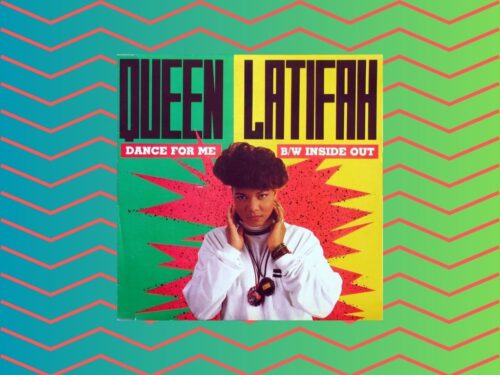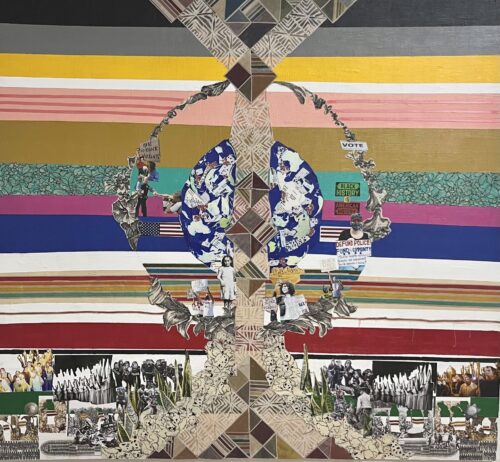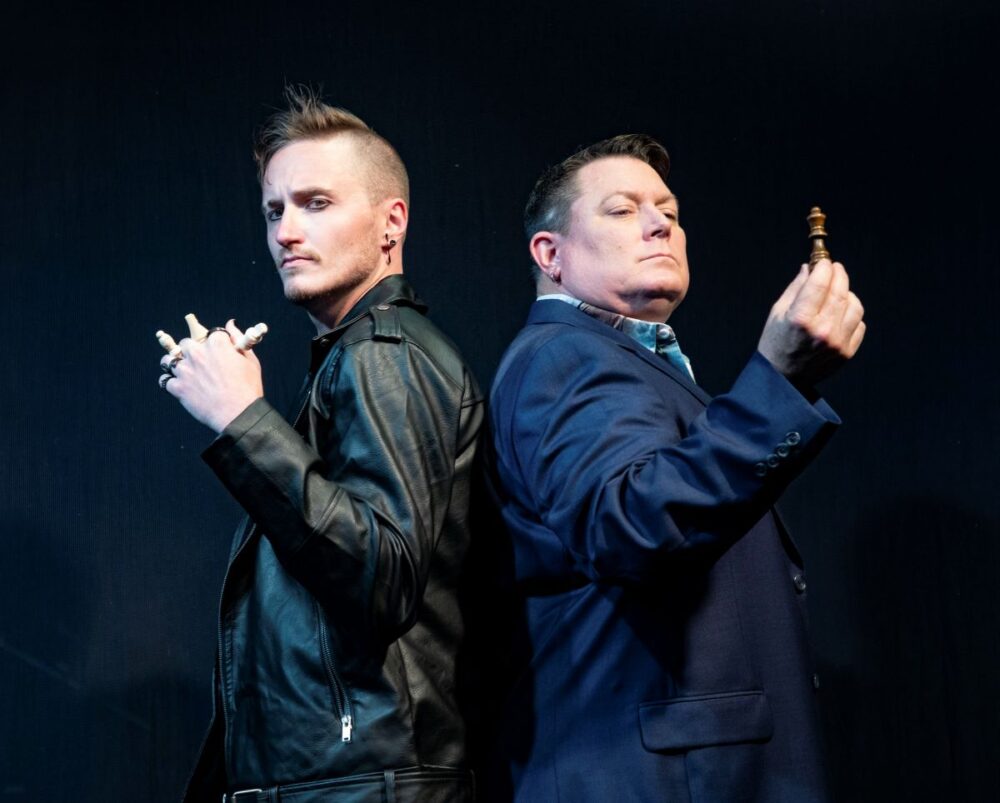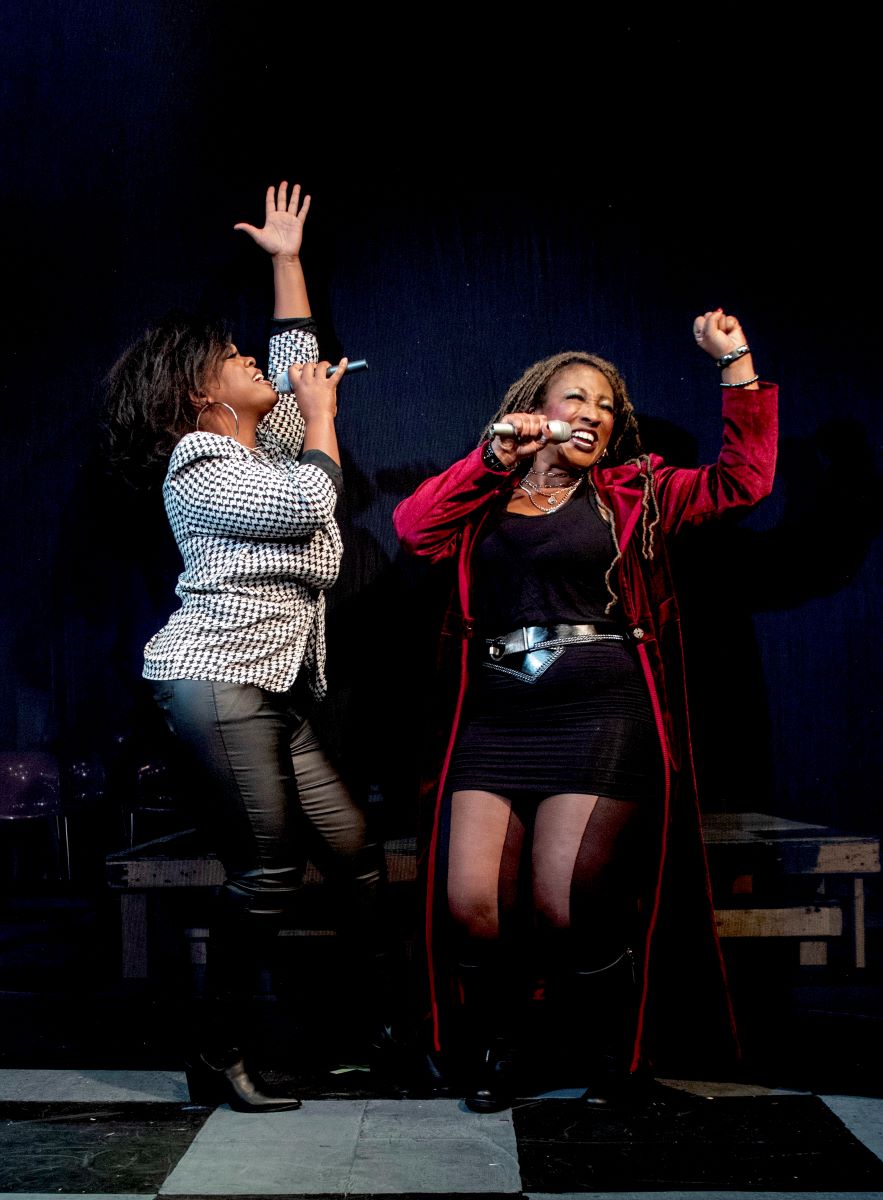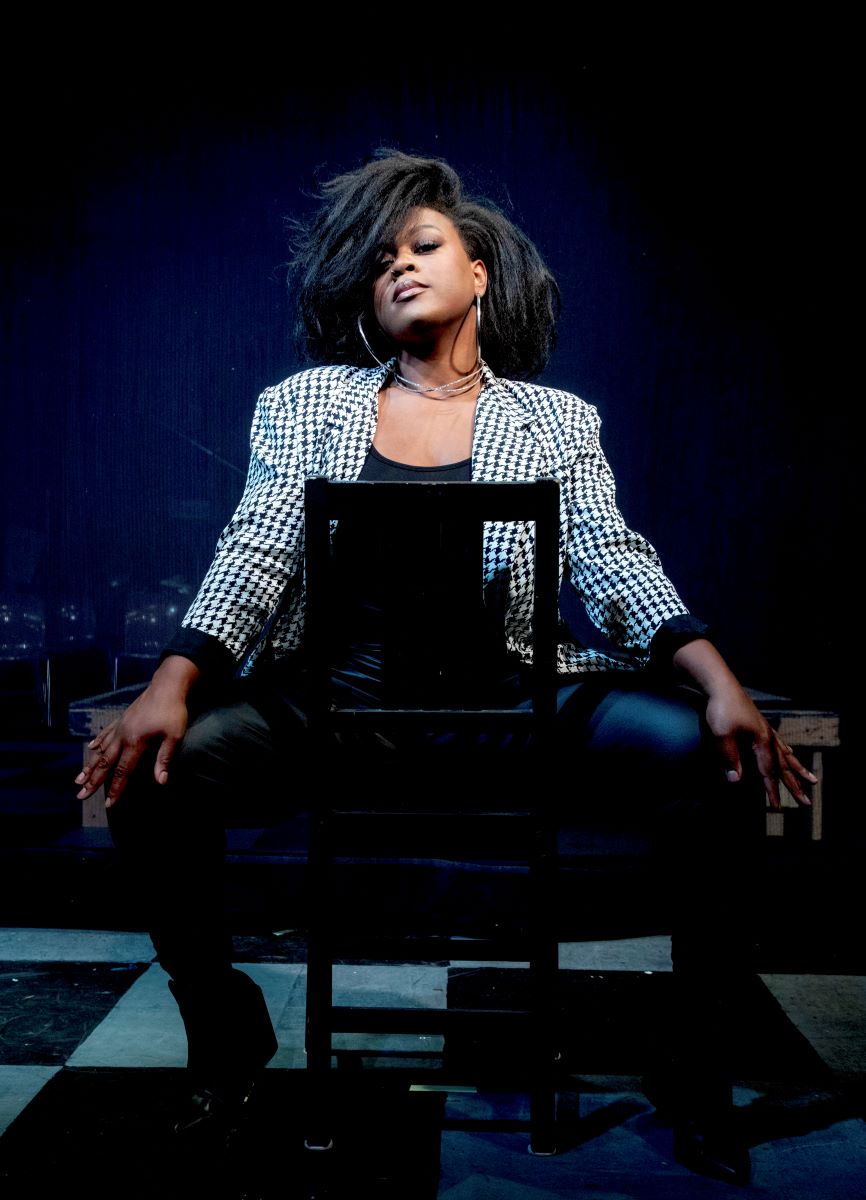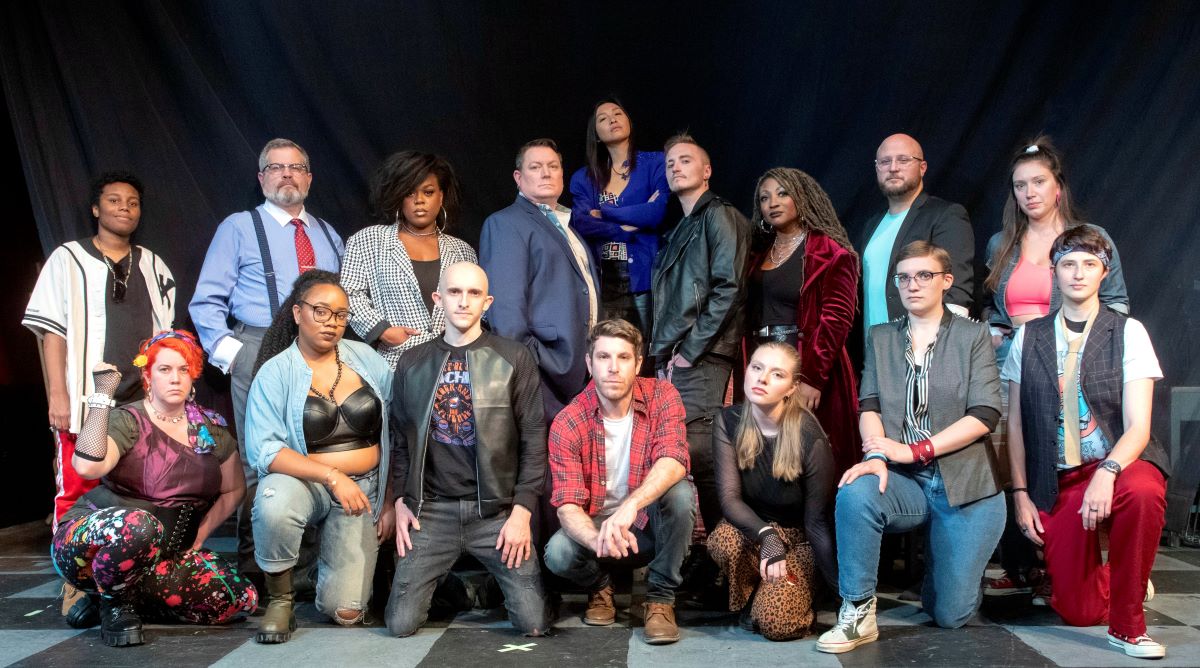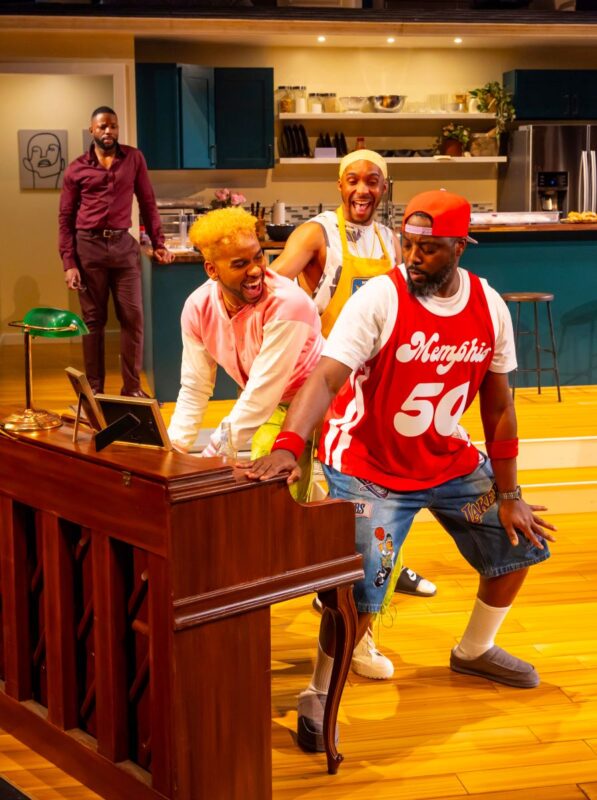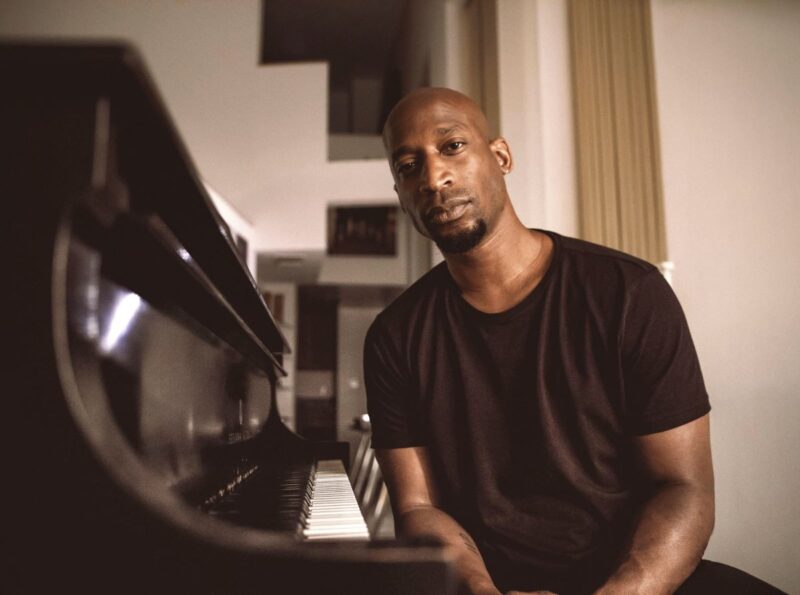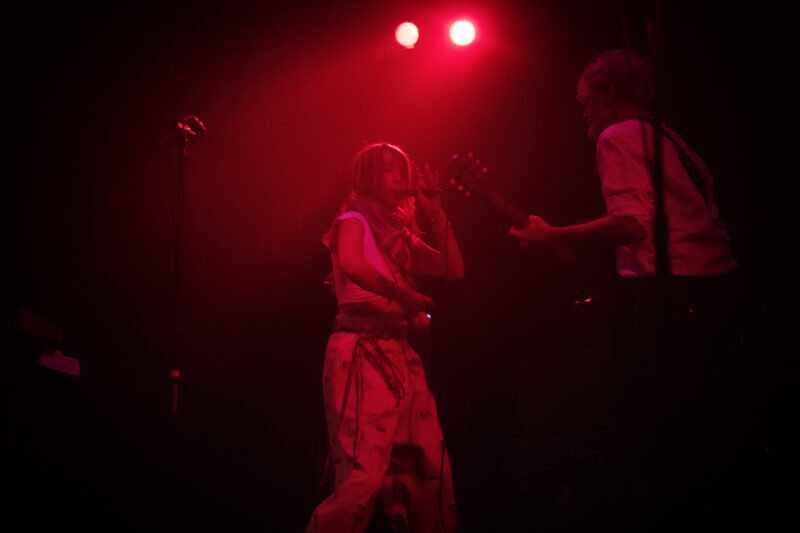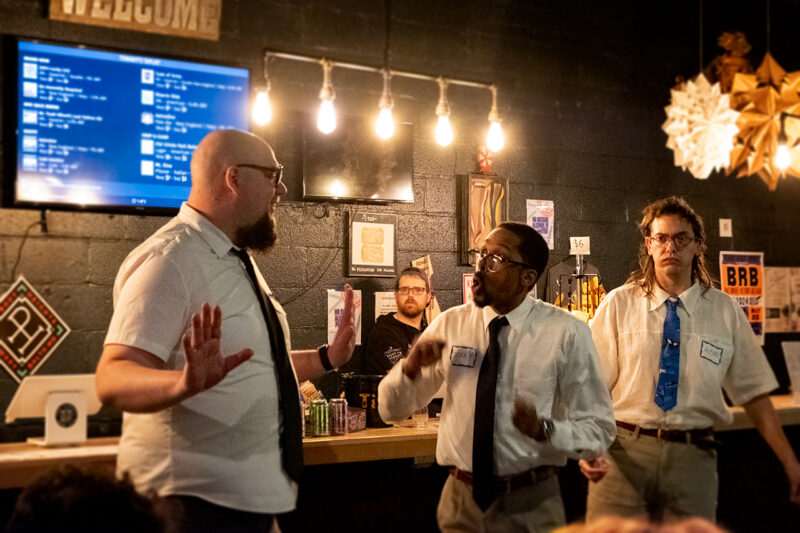The Vagabond Players have opened their 108th season with a handsome production of Tim Rice’s Cold War rock opera Chess. Under Stephen M. Deininger’s excellent direction, this neglected work has come back to Baltimore’s Broadway with a bang.
Tim Rice, Andrew Lloyd Webber’s longtime collaborator, developed the idea of a musical based on the 1978 World Chess Federation Championship, a match overshadowed by Soviet-European tensions and the personal life of the star player, Viktor Korchnoi. Webber, preoccupied with Cats, wasn’t interested, so Rice persuaded Benny Andersson and Bjorn Ulvaeus of ABBA to prepare the music. Chess appeared as a concept album in 1984; the stage version ran in London from 1986 to 1989.
When it premiered, Chess was the most ambitious effort yet to present a rock opera with an original and detailed plot, and highly developed characters. (Efforts to turn Chess into a “book” musical for the American market failed, and the resulting production ran for only three months in 1988.)
The Vagabonds’ production was conceived, according to the director, to be “a play last, and first and foremost a concert.” The overall style of the production is a 1980s discotheque. Geometric patterns are projected on the back and side walls of Stephen Deininger’s set. The effective lighting, by Kaite N. Vaught, includes plenty of special effects; Audra M. Mullen’s costumes reflect the fashions of the 80s. Katie Sheldon’s choreography seamlessly blends disco moves and movements necessary to the action.
